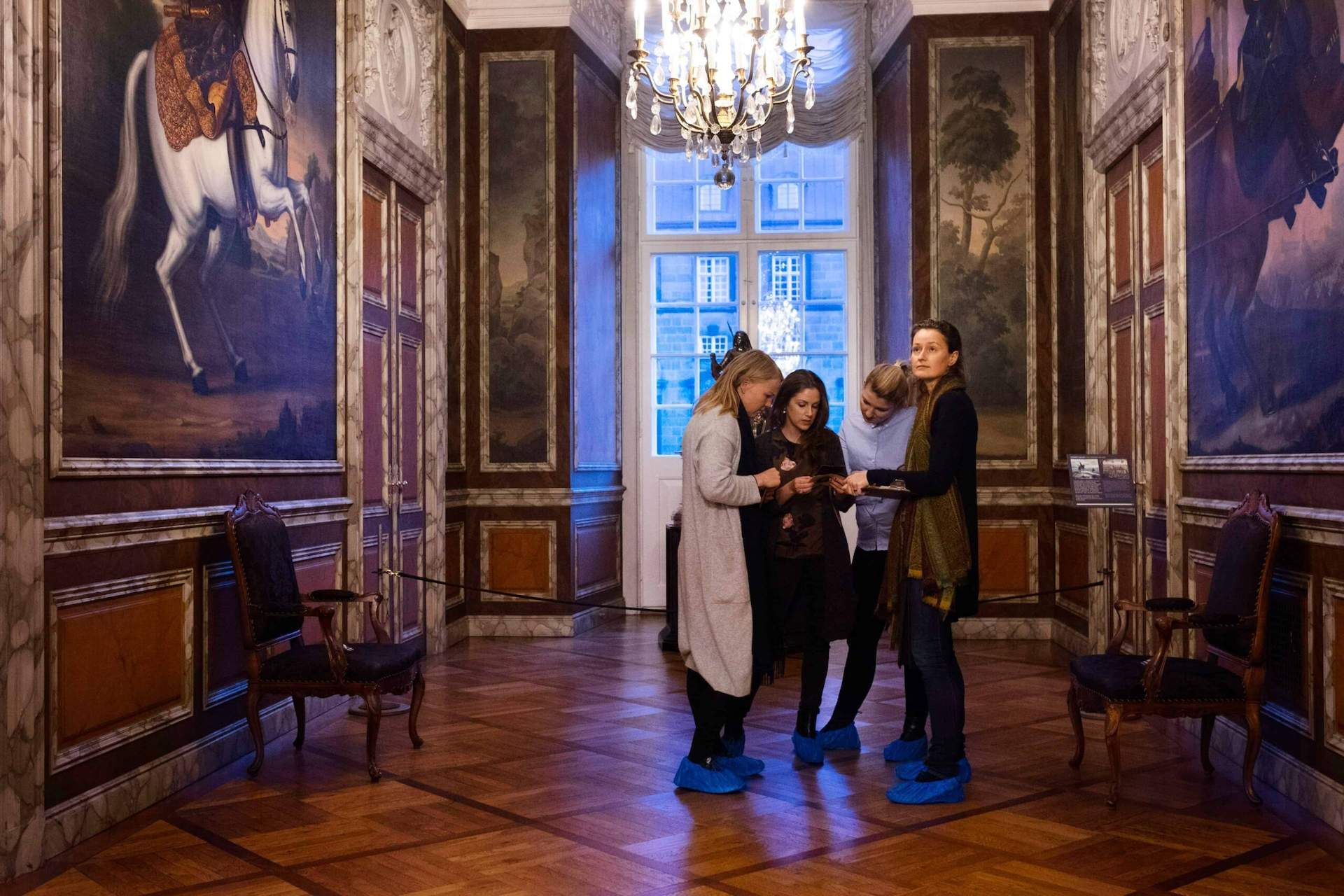
Work-life balance
Mystery Makers can help with work-life balance
Does your organisation need to retain talented employees and ensure they find their working life meaningful? This already starts in the onboarding process. And this is where Mystery Makers come in. With our learning through play, we clarify how a company can get to know their employees much better and ensure a meaningful working life - from day one.
It's an illusion when we look for the so-called work-life balance and think we can divide ourselves into the work person, the leisure person and the family person. Because we are only one person with one life," says philosopher and businessman Morten Albæk to Kristeligt Dagblad in connection with the publication of his book "Ét liv. One time. One person. How we forgot to live a meaningful life". And this is one of many views on the very popular concept of work, life and the balance in between.
But what does this concept actually mean? And what does it mean for organisations to ensure a meaningful life for their employees? We try to answer all these questions in this article on work-life balance.
What is work-life balance?
Work-life balance refers to a (in some people's minds utopian) state where a person manages to maintain a harmonious balance between their work life and their personal life. It involves, among other things, finding time and energy for what is spent at work and the activities that contribute to one's personal quality of life.
Why is it important in today's busy society?
In modern society, many experience a hectic work culture that can lead to overwork, stress and lack of time for personal needs and commitments. Achieving work-life balance is important as it contributes to wellbeing, reduces stress levels in the body and prevents burnout. Finding the right balance helps maintain a healthy mental and physical state which, among other things, improves productivity in the workplace.
The importance of work-life balance
Maintaining work-life balance is essential for a healthy quality of life. It means being able to separate work-related tasks and obligations from personal interests, family life and leisure activities. Work-life balance is therefore not just a luxury, but a necessity to achieve a healthy and fulfilling lifestyle in today's busy society. And for managers in Danish companies, this means that they need to be much more responsive to their employees' individual wants and needs in terms of how they find meaning in their working life - assuming, of course, that they want to live by the principles of work-life balance.
But what is it that Morten Albæk is opposing when he criticises this new trend?
Albek's call to action
He would almost certainly agree that every human being is entitled to a healthy, harmonious and stress-free life. His objection lies in the notion that a person can completely separate themselves from their work life when they step out the door, as after all, it takes up a large percentage of their everyday life. He agrees that there should be room for family life and leisure activities, but he encourages managers in Danish companies to ensure that their employees find meaning in their work life, so that they don't run up against the wall in pursuit of a happy work-life balance. Below, we'd like to share a number of ways to find harmony between work and personal life.
How do you find work-life harmony?
Two methods to achieve balance
Time management and planning: To ensure you have time for everything you want to do, time management and planning can be a great tool. Make a realistic plan for both work-related tasks and personal activities. This will make it much easier to prioritise your tasks and allocate time to each of them.
Delegating tasks: It can be hard to ask for help, but if you want a harmonious work-life balance, being able to let go of work - both at work and at home - is crucial. That way you can create more space for the things that contribute to your quality of life.
Tips to prioritise and organise your time
- Identify important tasks: Decide which tasks are most urgent or important and focus on those first.
- Use technological tools: Use time management tools, apps or calendar features to structure your day and keep track of your tasks.
- Learn to say no: Be realistic about your limits and capabilities. Learn to say no to unnecessary tasks or commitments to protect your time and energy.
The importance of boundaries and self-care
It's important to have clear boundaries with yourself and the world around you about when you're working and when you're not. Start by defining clear boundaries between work and personal life to avoid work constantly intruding on your leisure time. Also, cultivate healthy habits and take time to relax - you need to recharge in the same ways as your phone battery. And then give yourself permission to prioritise your own wellbeing. This could mean saying yes to taking a well-deserved break or even a holiday to warmer climes.
Establishing clear boundaries and prioritising yourself is crucial to achieving and maintaining work-life balance. Quite simply, it's about creating a balance between work and life outside of work to ensure a healthy and sustainable lifestyle.
How should your organisation approach a work-life balance lifestyle? With a good onboarding process
As we mentioned earlier in the article, it's important that companies get to know their employees' wants and needs for a more harmonious life. We would venture to say that getting to know your employees is a very good investment for your company. And we mean from the day they walk in and have their first day of work. Start the onboarding process with a Mystery Hunt or a trip to one of our award-winning Mystery Rooms. To find out more about how we can help you and your organisation, please fill in the form below Our contact form.